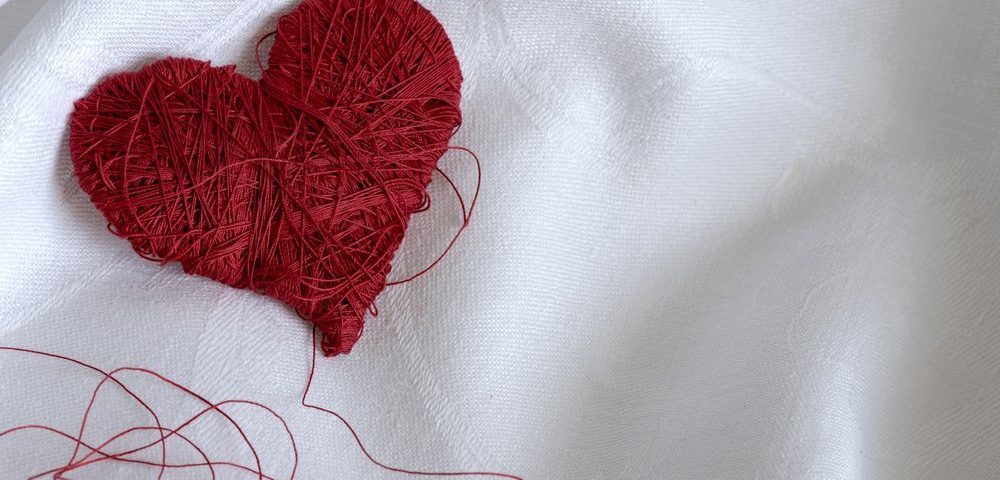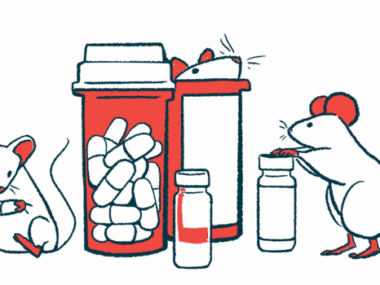Grieving My Living Daughter
Written by |

My daughter, Abby, is 24 and has Sanfilippo syndrome, which will one day claim her life. I already feel like she’s gone, though. I had never even thought of the idea of grieving the loss of someone who is still living until now.
It is a sad reality, but I have been mourning the loss of Abby and will continue to do so until I don’t know when. We live together, and my husband, our other daughter, Emily, and I take care of her at home. But the Abby we raised isn’t here anymore. She doesn’t talk to us much, and when she does, most of it is gibberish. She doesn’t have the same interests anymore. She’s completely dependent on us for everything.
The loss of who she used to be is incredibly heavy when memories of any kind pop up. There are so many things she used to do but can’t anymore: Special Olympics, watching YouTube videos that she picked out, going out to eat with us, driving around looking at Christmas lights, and going to the movies. There are so many “used to’s.”
Pictures, videos, Facebook posts, mementos from school — they all hit me hard. My first reaction is always joyful because she looks and sounds so healthy and happy. But within seconds, it turns to grief. I cannot imagine how hard it will be when she is actually gone.
I find myself disengaging with Abby sometimes because of the grief. I don’t feel like it is intentional, but maybe it is. Maybe some distance between us will provide a buffer zone — one that will allow me to miss her while she’s still here. Or perhaps if I distance myself from her and practice being without her, it will be easier when she is actually gone. These are tragic thoughts — even typing them for this column is hard. But they’re honest.
When you learn that your child has a terminal disease, you are told to treasure each moment. Love them while they are here. Don’t take a day for granted. These adages are rooted in good intentions, and I understand the rationale behind them. But I struggle with trying to adhere to them right now. Part of it is how long we have cared for Abby. This has been a journey that started more than 20 years ago. She was not diagnosed with Sanfilippo syndrome until 2017, but we have been her caregivers a lot longer than that.
Abby is a shell of who she used to be, and I miss her. I desperately want to have a conversation with her. I want her to choose what she wants for dinner or which movie she wants to see. Pick out an outfit. Help me bathe her in the shower. Tell me if she is hot or cold or hungry or sad. Tell me she loves me. Anything to show me she is still in there.
I miss you, sweet girl.
***
Note: Sanfilippo News is strictly a news and information website about the disease. It does not provide medical advice, diagnosis, or treatment. This content is not intended to be a substitute for professional medical advice, diagnosis, or treatment. Always seek the advice of your physician or other qualified health provider with any questions you may have regarding a medical condition. Never disregard professional medical advice or delay in seeking it because of something you have read on this website. The opinions expressed in this column are not those of Sanfilippo News or its parent company, Bionews Services, and are intended to spark discussion about issues pertaining to Sanfilippo syndrome.





Leave a comment
Fill in the required fields to post. Your email address will not be published.